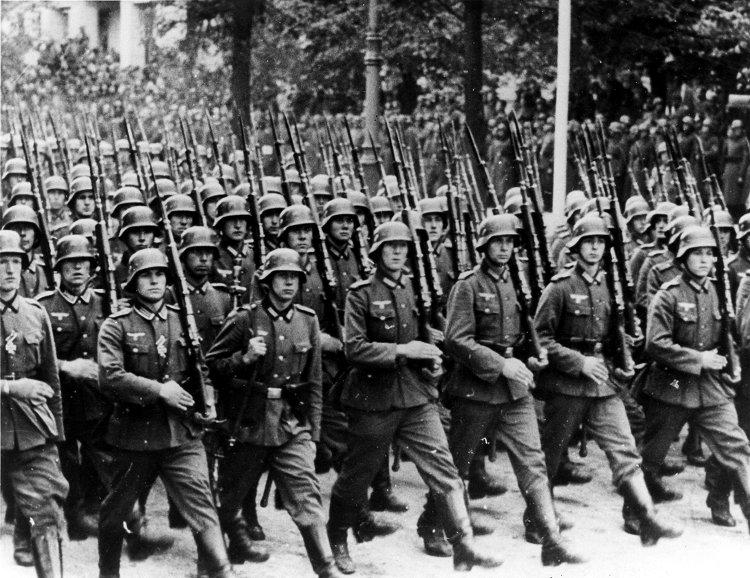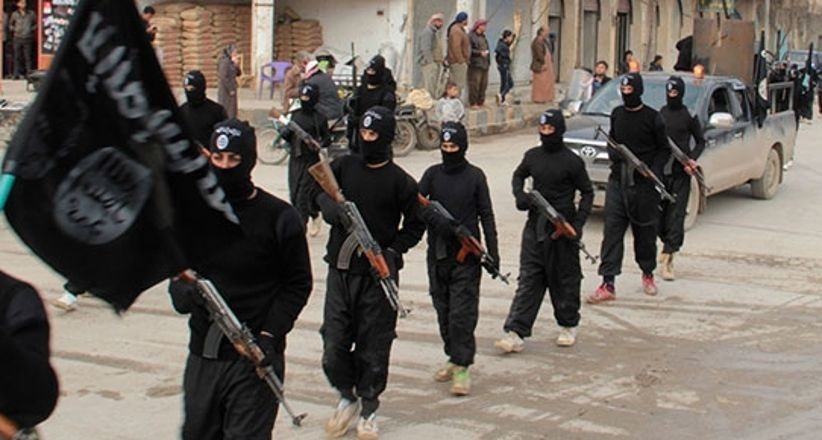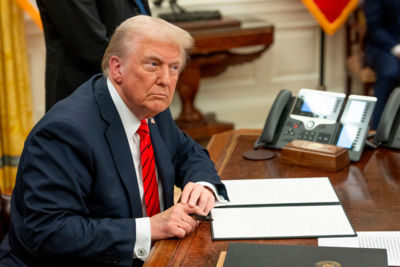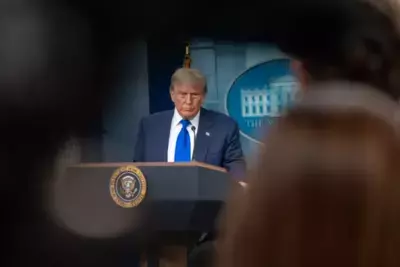Yesterday at a solemn ceremony dedicated to the 70th anniversary of the Victory over Japanese militarism and the 70th anniversary of the end of World War II, the Deputy Minister for Foreign Affairs of Russia, Igor Morgulov, stated that Russia and China condemned any attempts to falsify the history and results of World War II. He pointed out that the results of the war, which were written in the UN Charter and other international documents, were “unchangeable, and their revision was unacceptable.” At the same time, the Plenipotentiary Minister of the Chinese Embassy in Russia, Zhang Xiao, stated at the opening ceremony of the Week of Chinese Military Culture in Russia that Russia and China should resist attempts to falsify history and reconsider the results of World War II together: “We need to show the whole world that our countries, our people, our armies are ready to protect the principles which were formed after World War II, to resist attempts to besmirch the heroes and winners and to glorify fascists, militarists, and their supporters.”
On the same day at the International Conference ‘The Second World War in the history of mankind. 1939-1945’, Lev Belousov, Professor of the M.V. Lomonosov Moscow State University, Rector of the Russian International Olympic University, noted that in past years historical science actually took a step forward in the study of the war: “We have now deeply and quite widely mastered the new layers of the sources, many sources have become available, secrecy seals have been removed, we have started studying such topics which were previously taboo. When it comes to such serious issues as the responsibility for the outbreak of the war, collaboration during the war, the first defeat of the Red Army at the first stage of the war, now there are no such taboo subjects, so the war has reopened from a completely unexpected side. And this gives rise to debates in the historiography.”
According to Belousov, there are different interpretations of the beginning of the war: “Our colleagues in China and in Japan often associate the beginning of the war with the outbreak of the hostilities in those regions. Nevertheless, there is an indisputable fact: the war started on September 1st. We believe that there are obvious facts, which are recognized by the world historical community. Among these facts, in my view, are at least two, which should be approved by public opinion and in the school textbooks. The fact that there was an aggressor, who really started the war. This was Hitler's Germany, and no other. There are different interpretations of who and how pushed Hitler in Germany, but the fact is indisputable. This is very important."
"The second indisputable fact is that the brunt of the war was borne by the Soviet people. And this is also recognized in the world historical community. In fact, I do not know any historians, except for the most extreme, odious ones, who contest this fact.”

One key issue that still remains on the agenda is the issue of the responsibility of the elites. “On the eve of World War I, up until the last moment, none of the parties said that they wanted war. The propaganda campaign was escalated, the hatred towards other nations was escalated. Mankind had to learn a lesson from this. So did it do so or not? The Second World War showed that we learned, but not everything that was necessary. The difference was that in principle, there was a main aggressor. The main focus of the danger of war in Europe. That was Hitler's fascism. That was Hitler's Nazism. That is, the elite could at this point unite, realizing the danger, to rise above narrow national interests in order to confront this danger. And this was not done,” the historian says.
He thinks that now there is a real threat to the world, which comes from the Middle East: “The diversity of interests and issues that saturated the region, and the number of forces involved in the region is the most variegated. But there is a real danger. This danger is called Islamic fundamentalism, Islamic State, which grows in front of us, which is fed by human resources, material resources, military resources. If the elites of our countries do not realize that this is the main danger, as it was in the time before World War II, it will be very difficult to stop this plague. The lessons of World War II are still relevant today. The war still remains with us, because there are problems that may eventually lead to even more serious consequences.”

















